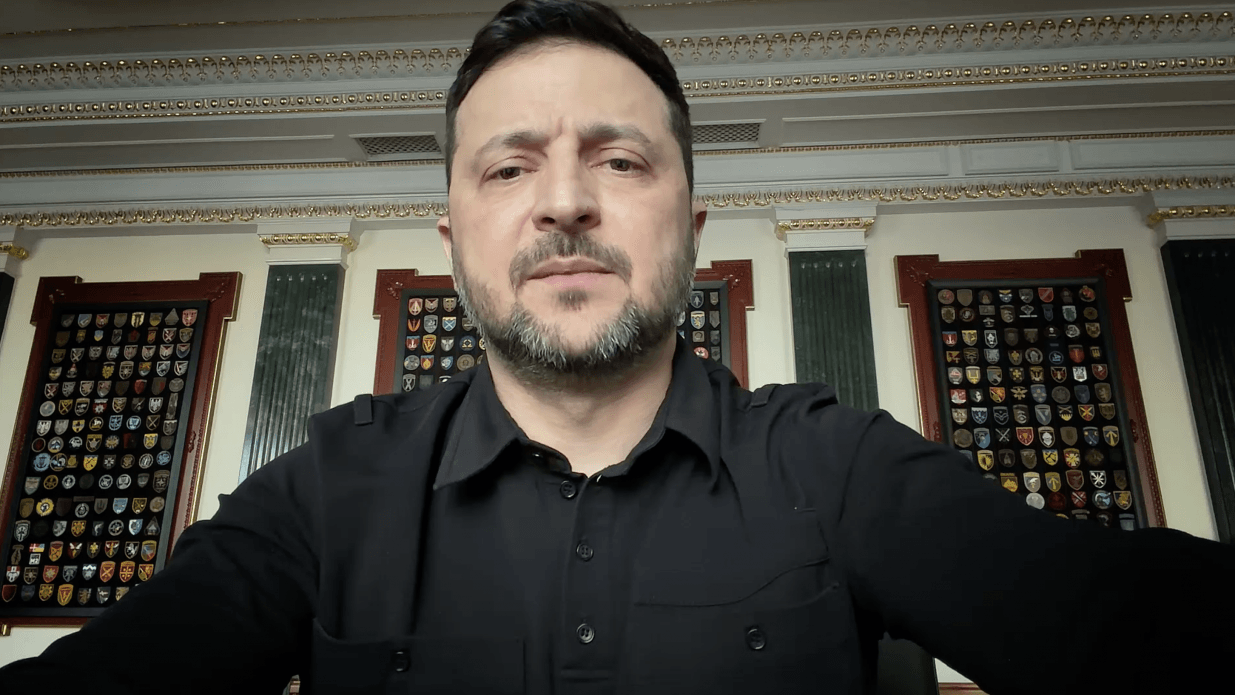
Sanctions against Russia

News Feed
Explainer: Who is the main suspect in murder of ex-top official Portnov, and what was the motive?
Andriy Portnov, a former Ukrainian top official, was gunned down in Madrid on May 21, 2025. The Spanish police reported on Feb. 25, 2026, that a suspect in Portnov's murder had been arrested in the German town of Heinsberg. The motives of the killing, however, remain unknown. The detained suspect is linked to both Ukraine and Russia, according to an investigation by the Ukrainska Pravda media outlet published on Feb. 27. The suspect's profile doesn't contradict the two main alleged motives —

We've overestimated Russia for too long
The recent anniversary of Russia's expanded invasion, which is now stretching into its fifth year, is as good a time as any to take stock of the state of the war itself. For Ukraine, the fighting remains existential, and it is Ukrainians themselves who continue to suffer and to sacrifice not just on behalf of their own defense, but on behalf of broader stability in Europe. Somehow, though, many Western partners still fail to see one clear fact: that it is Russia, and not Ukraine, who has suffer

Zelensky invites Fico to Ukraine as Slovakia, Hungary seek to inspect Druzhba pipeline
President Volodymyr Zelensky invited Slovak Prime Minister Robert Fico to visit Ukraine in a phone call on Feb. 27, amid a row between Kyiv, Budapest, and Bratislava over a key oil pipeline.

Ukraine war latest: Zelensky sees 'window for peace' as Fedorov pushes Defense Ministry shake-up
Key developments on Feb. 27 * Zelensky sees 'window' for peace deal before US midterms * Flamingo threat triggers unprecedented missile alert across Russia, 1 claimed shot down * From Starlink to 'digital officers,' Fedorov on first month as Ukraine's new Defense Minister * Russia, Ukraine, agree to 'local truce' at occupied Zaporizhzhia nuclear plant to repair key backup power line Ukraine has a chance to end the war with Russia before the U.S. midterm elections in November, President Vol

Is Donbas key to ending Ukraine-Russia war?
As peace talks continue and the U.S. pushes for compromise, one proposal keeps returning: Ukraine should withdraw from the remainder of Ukrainian-controlled Donetsk Oblast to end the war. The Kyiv Independent’s Francis Farrell explains why the Battle of Donbas remains at the center of the peace process.

Ahead of possible US strikes, Zelensky backs action against Iran's regime, 'not against the people'
Zelensky added that diplomatic talks between the United States and Iran remain the preferred way forward, according to a Sky News interview.

Most Popular

The plant, legally owned by Energoatom, once employed 159 licensed specialists — the only people authorized to directly operate the plant’s six nuclear reactors, which, prewar, provided over a fifth of Ukraine’s electricity.


















